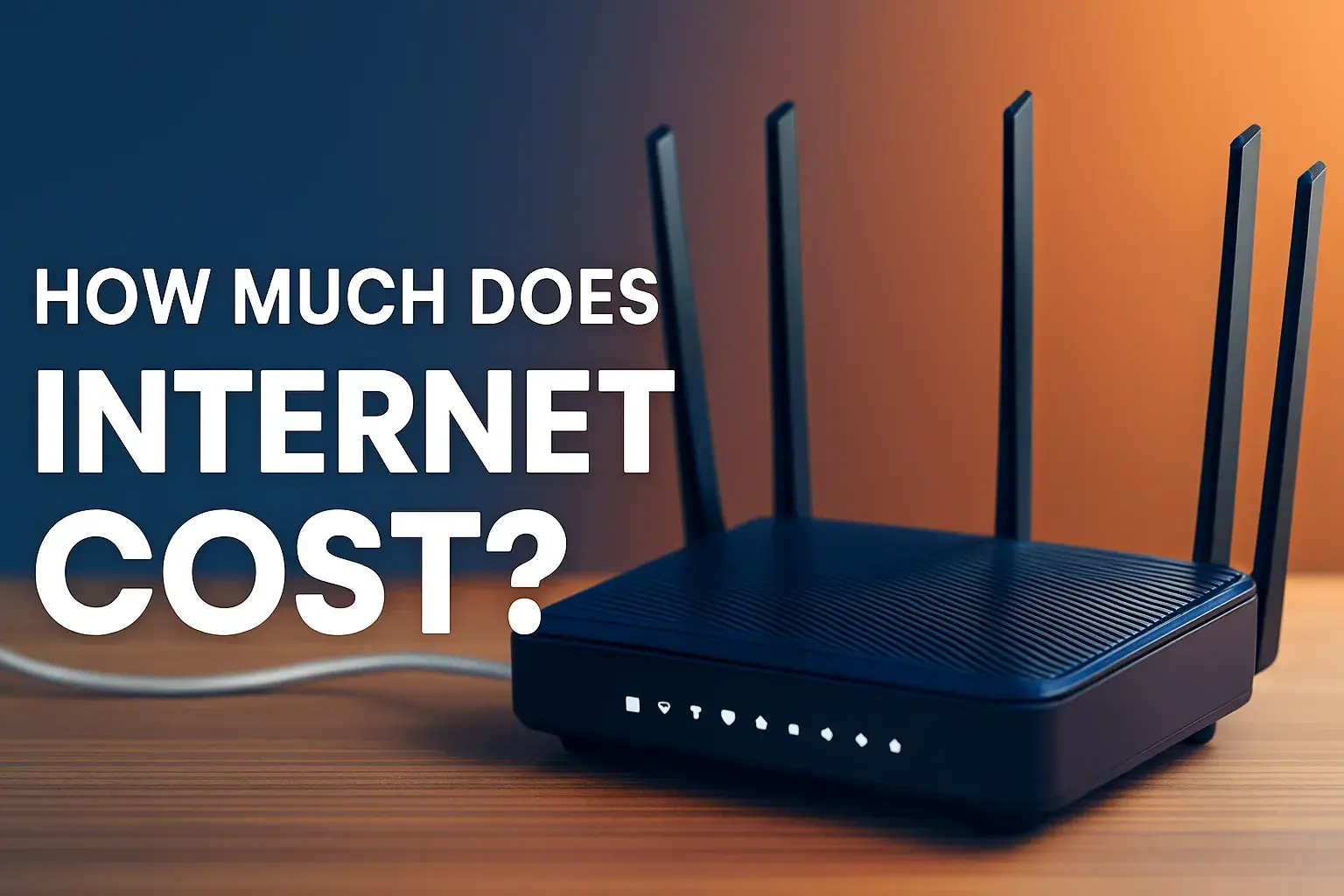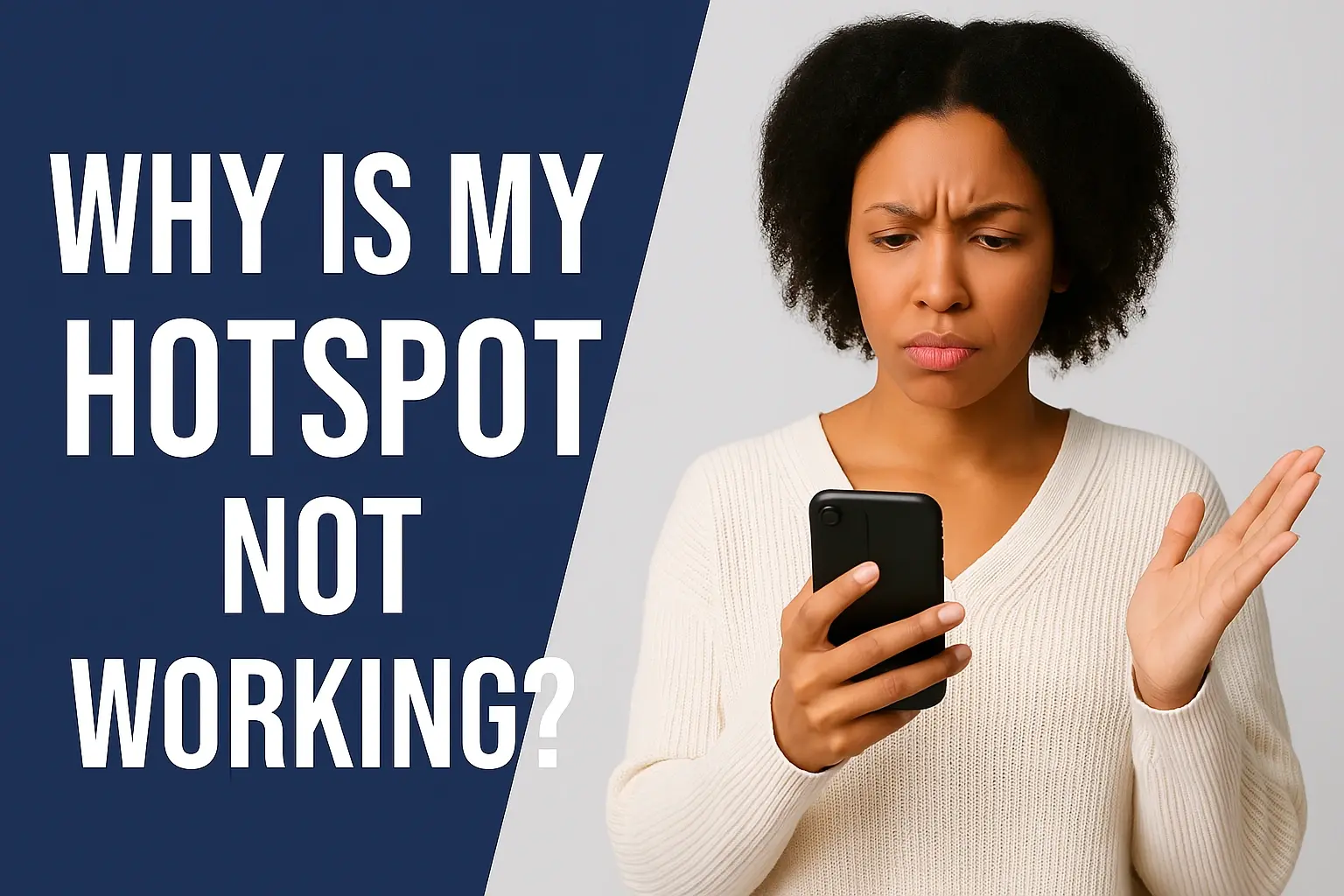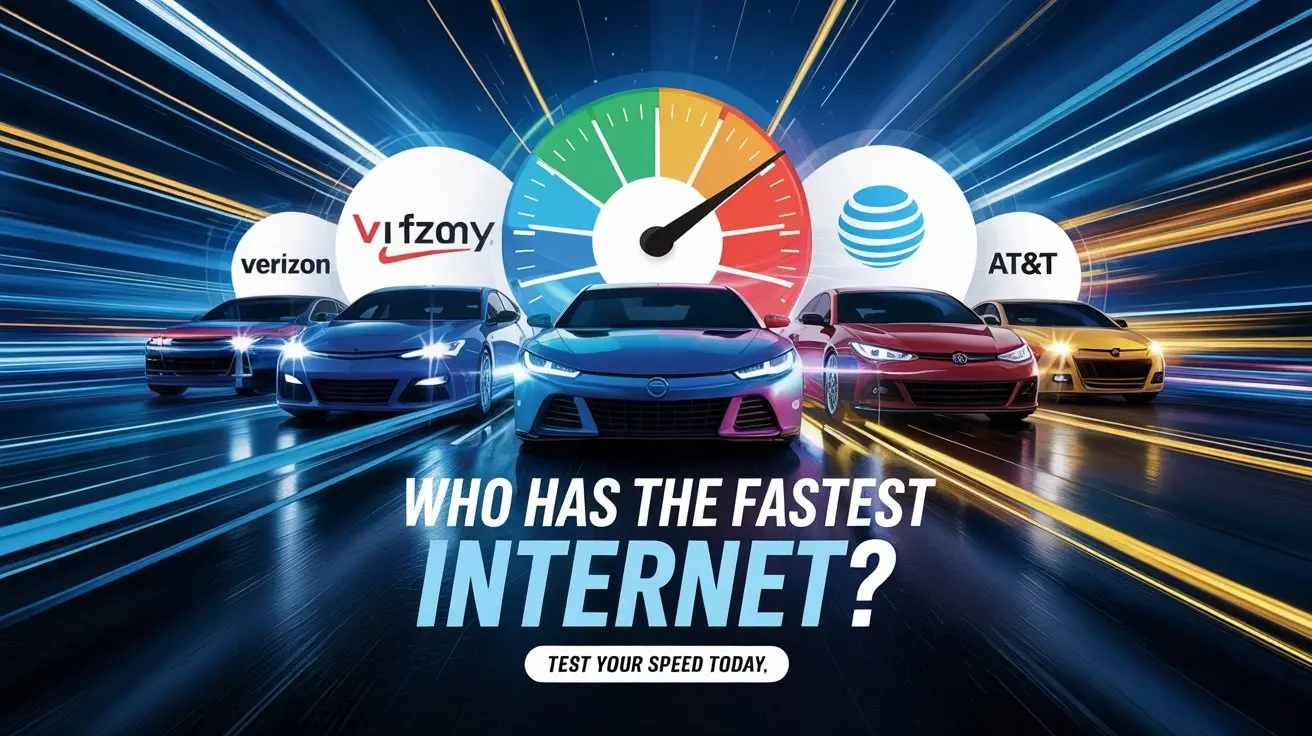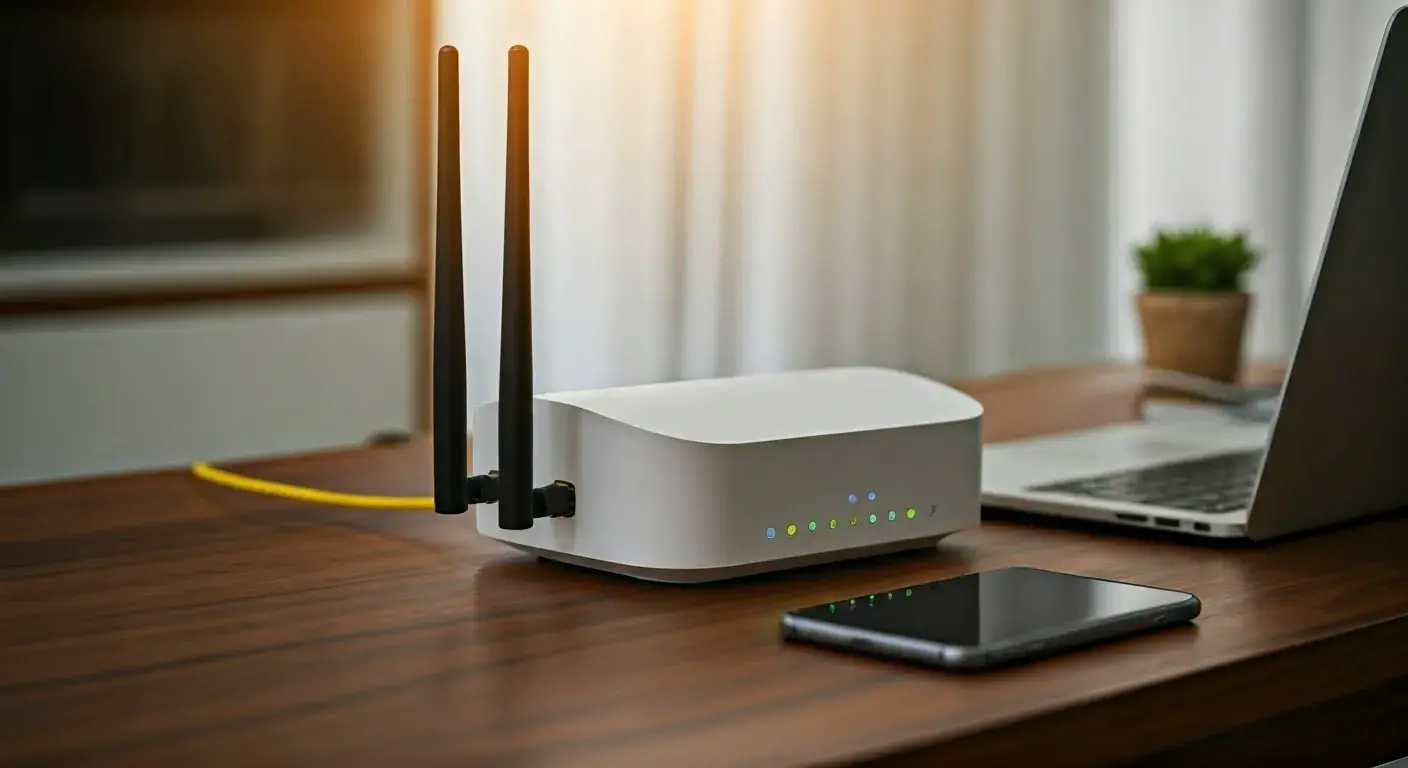What's faster, 1 gig or 300 Mbps?
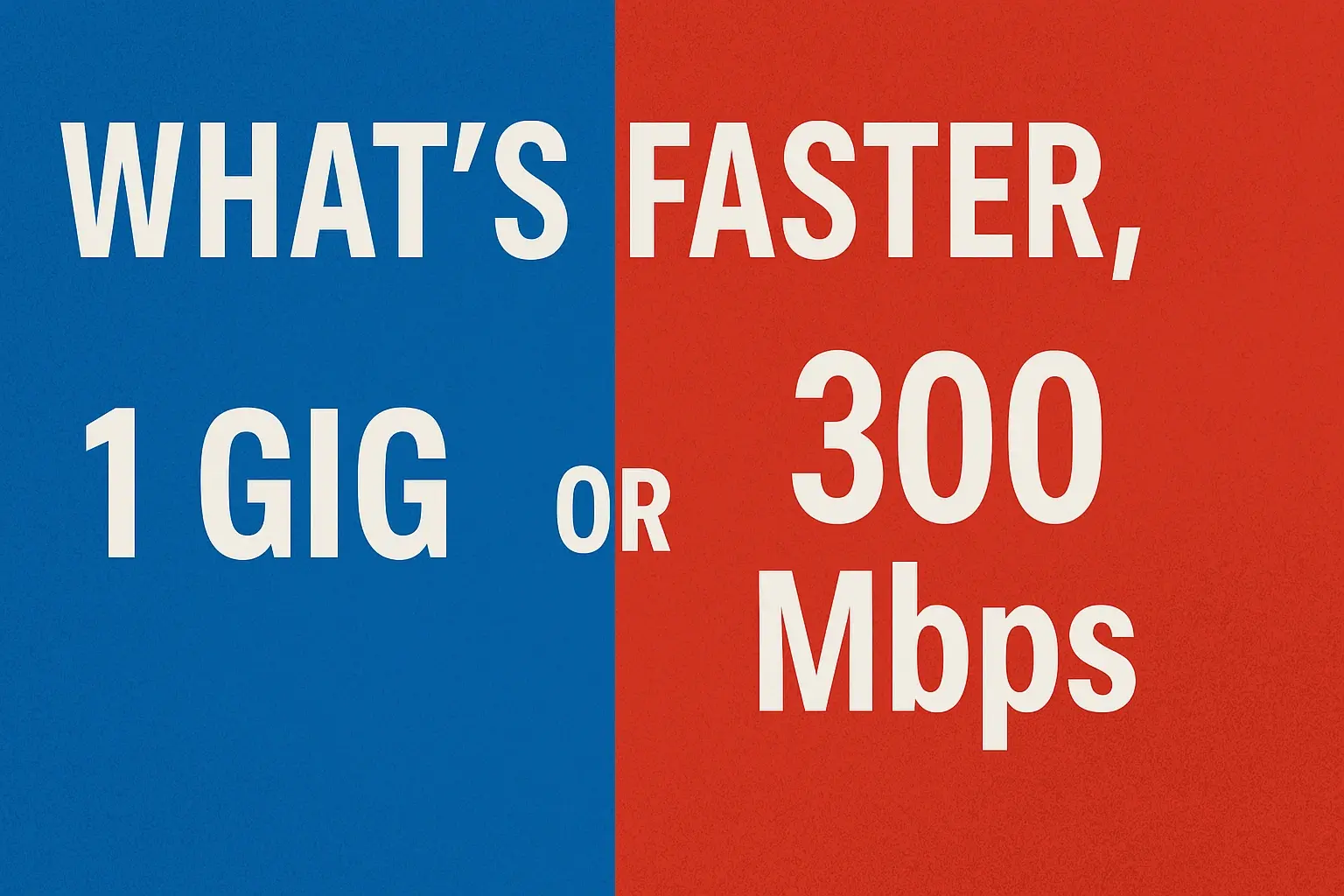
Usually referred to as bandwidth or data transfer rate, an internet service connection is defined in terms of speed—that is, the maximum quantity of data that can be sent over the connection in one second. Usually used as the two basic measurements of bandwidth are gigabytes per second (Gbps) and megabits per second (Mbps). What, however, are these units designed to represent, and what are their variations?
1 Gbps equals Mbps, which in turn equals 1000 Mbps or megabits per second. Right off the bat, 1 Gbps is over 3 times faster than 300 Mbps So let’s look at the table below that clearly explains the speeds. Now let us discuss some examples that will help to distinguish between these speeds to get an understanding of the concept.
Downloading Files
Usually, the bandwidth of file downloads from the internet corresponds with the time needed to finish the procedure. For example, it would take over 11.5 minutes if one set out to download a 5GB film on a 300 Mbps internet connection. On a 1 Gbps connection, the same file that downloaded via a 25 Mbps connection in two minutes and forty-four seconds will download in one minute and twelve seconds. This implies that, for instance, 1 Gbps, downloading huge files is more than ten times quicker.
If you deal mainly with small files such as web pages, photos, music, documents, etc the differences in the speed will not be very apparent. However, when it comes to handling extra large files such as HD videos, system backups, video games, and software downloads, the difference in speed as provided by 1 Gbps is quite noticeable.
Loading Websites
More bandwidth does not make as much difference as in other applications when loading web pages. This means that it is rare for most sites to have large pages in terms of bytes that would need extensive bandwidth. However, the complexity of today’s websites is increasing due to the use of more multimedia elements.
On a 300 Mbps connection, a simple website that may require simple HTML code may take 1-2 seconds to load. For instance, a website downloaded through a 1 Gbps connection could be expected to take less than 1 second to load. Thus, although not as great as a 10x improvement for file downloads, a 1 Gbps Internet connection offers a fairly good speed boost for browsing websites.
Streaming High-Quality Video
An improvement in internet speed results in a higher quality of the Ultra HD 4K video material being streamed from websites such as Netflix and YouTube. Without delay, 300 Mbps may be utilized to broadcast 720p or 1080p. If you are aiming for 2160p (4K Ultra HD, however, then an internet connection of 25 Mbps or more per stream is suggested.
Internet connection with 1Gbps speeds can support multiple video streams with 4K quality without any issue of buffering. Therefore, as more homes have many devices connected that are streaming high bandwidth video, 1 Gbps internet is sufficient.
Online Gaming
Due to the nature of online video games that involve real-time interaction, the internet speeds needed are somewhat lower than the speeds required for video streaming and downloading files. Essentially, any internet game requires less than 10 Mbps per player for a seamless connection without any lag. At this level of speed of 300 Mbps, there is still enough bandwidth that enable everyone in the household to be gaming at the same time.
At a range of 300 Mbps to 1 Gbps internet connection, the gameplay feel or connection-wise should be almost similar. The higher 1 Gbps speed primarily targets other concurrent high-bandwidth events that are always present, such as streaming or downloads.
Cloud Storage and Backup
Storing large files and documents in cloud storage drives requires time to back up through a slow internet connection. Just 100 GB of data, if uploaded to the cloud storage from a 300 Mbps connection, will take more than an hour. On a 1 Gbps connection, the same 100 GB backup as example, we would take just over 2 minutes.
Therefore, for homes and business establishments that are constantly synchronizing large volumes of data to and from the cloud, having 1 Gbps is a huge time saver. You can copy data much faster and have files show up on other devices faster because of the fast upload and download rate.
Smart Home and IoT devices
They often have their firmware that connects to the manufacturers’ cloud platforms for updates, and sometimes require an internet connection for voice assistants, security cameras, and appliances such as smart TVs and washing machines. But as for the point that they are ‘hogging the bandwidth,’ these devices do not consume much bandwidth each. However, people today have more connected devices in their homes than ever, and all of them are using that bandwidth.
The 300 Mbps speeds should be more than adequate to support several dozen smart home devices quite nicely. However, as more 4K streaming cameras, large files, syncing across multiple drives, and data-sucking appliances are used at home, having 1 Gbps speeds helps to have more leeway when it comes to network traffic. This will ensure all the peripheral devices are compatible on the same network with the other active devices.
So in summary, while 300 Mbps internet is easily fast enough for basic web browsing, email, and standard definition video, upgrading to 1 Gbps has some major speed advantages.
- Downloading files up to 1000 percent faster
- They also need their cloud backups and syncs to happen at a faster rate.
- Concurrent operation with multiple video streams in 4K quality
- Space for dozens of smart home devices and their various connections
- Prepare for this capacity as the consumption rate of internet usage rises in the future.
If your home has extensive internet usage on streaming, smart devices, gaming, and downloads then you could switch to fiber optic 1 Gbps internet. F or traditional web uses, such as accessing e-mail or browsing news websites, 300 Mbps should remain sufficient today and shortly. It is quite useful to work out your family’s internet needs so that one can decide whether to opt for the gigabit speeds or not.
Upgrade to faster, more reliable AT&T Fiber Internet today! Call us at +1 844-905-5002 and get connected with speeds that keep you ahead.
